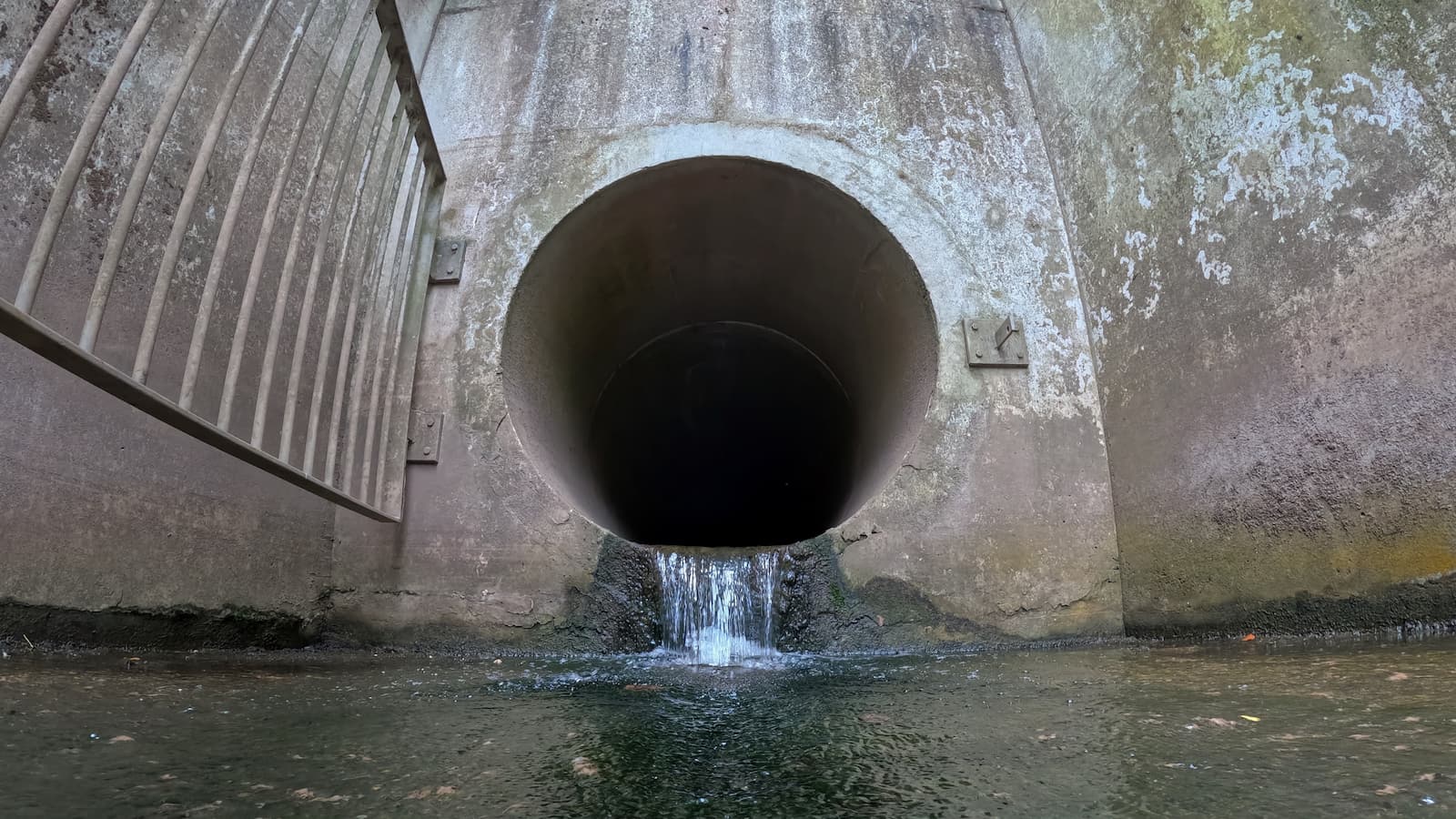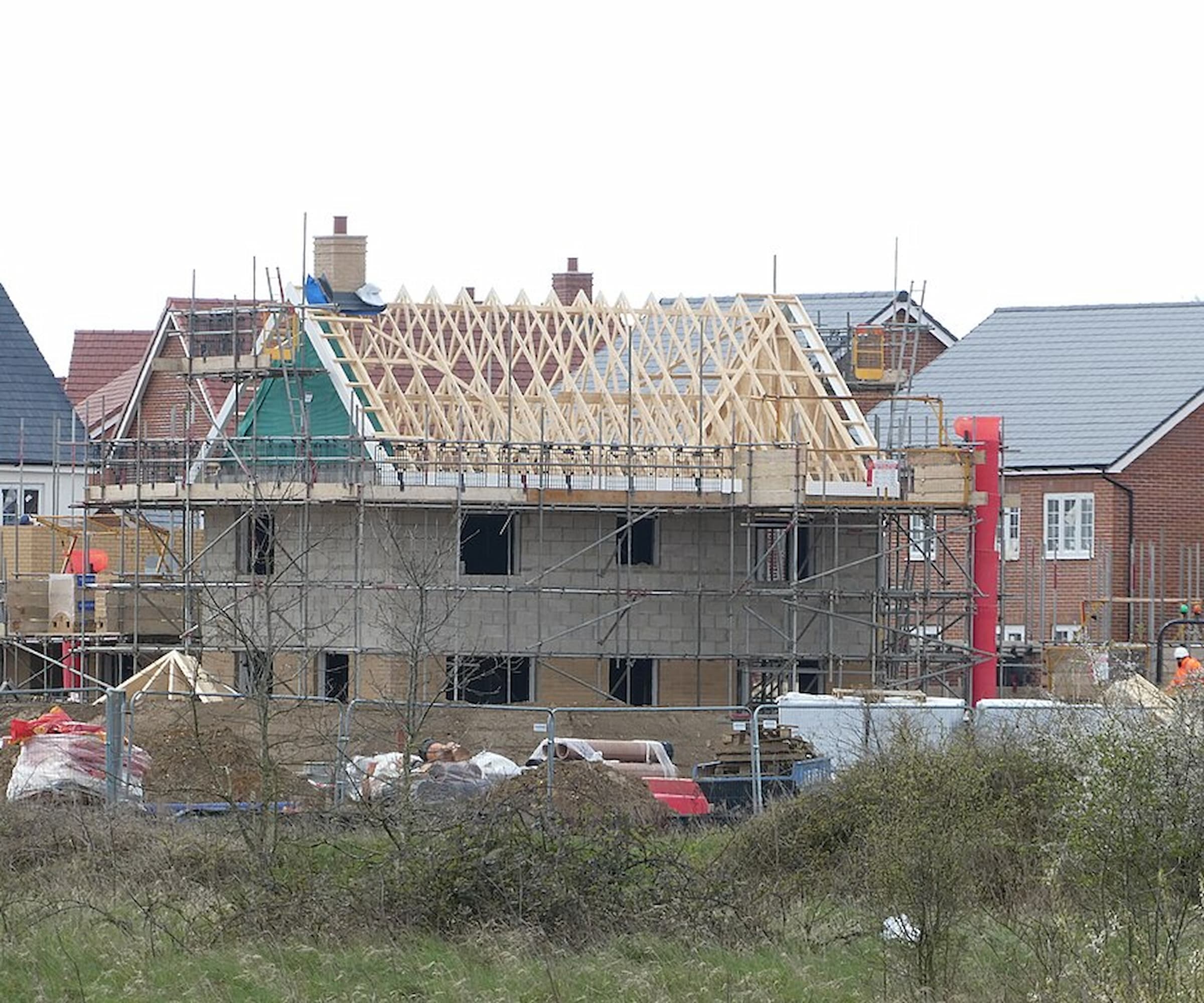How sewers are flushing Britain’s housing plans down the drain
Tens of thousands of new homes are stuck in planning limbo as sewer capacity concerns and regulatory delays leave communities waiting

Almost 30,000 new homes across the UK are currently stalled because of concerns about sewer and wastewater capacity, including 7,000 affordable homes.
Developers have paid £2.3 billion to water companies since 2020 to fund infrastructure upgrades, yet planning permissions are still being delayed.
According to the Home Builders Federation (HBF), the disconnect between councils, water companies and national policy is choking off housing supply.
Billions paid, homes still blocked
The HBF’s report, A Drain on the Nation, highlights a stark mismatch between investment and delivery.
Developers have paid nearly £2.3 billion to water companies over the past five years – £600 million in direct payments and £1.72 billion in assets such as sewers and pumping stations – but many councils are still refusing planning permissions due to perceived sewerage capacity issues.
“Water companies are legally responsible for ensuring network capacity and have received £2.3 billion from developers over the past five years to do so. Yet in the absence of clear national direction, planning permissions are being blocked, tens of thousands of homes delayed, and billions of pounds of community investment withheld,” said David O’Leary, HBF Executive Director.
Impact on communities and affordable housing

These delays are not just a problem for developers, they have a real impact on local communities.
Bring your dream home to life with expert advice, how to guides and design inspiration. Sign up for our newsletter and get two free tickets to a Homebuilding & Renovating Show near you.
The 30,000 stalled homes would generate an estimated £900 million in Section 106 contributions, funding schools, roads, green spaces, and public amenities.
“These delays are yet another example of how misalignment between planning authorities, utility companies, and national policy is choking off housing supply,” O’Leary added, emphasising the human and social cost of stalled developments.
Calls for government action
The HBF is urging the government to reaffirm existing planning policy and remind councils that water companies are legally responsible for wastewater infrastructure.
Without swift action, thousands more homes risk being delayed, further worsening the housing crisis.
“While the Cunliffe Review rightly calls for long-term reform of the water sector, new homes are needed now. Government must reassert the statutory role of water companies, clarify how national policy should be applied, and ensure infrastructure investment reflects housing supply,” O’Leary said.

News Editor Joseph has previously written for Today’s Media and Chambers & Partners, focusing on news for conveyancers and industry professionals. Joseph has just started his own self build project, building his own home on his family’s farm with planning permission for a timber frame, three-bedroom house in a one-acre field. The foundation work has already begun and he hopes to have the home built in the next year. Prior to this he renovated his family's home as well as doing several DIY projects, including installing a shower, building sheds, and livestock fences and shelters for the farm’s animals. Outside of homebuilding, Joseph loves rugby and has written for Rugby World, the world’s largest rugby magazine.
